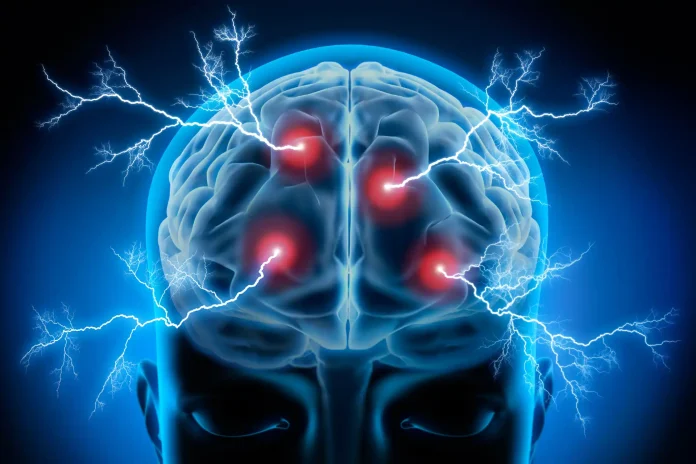A ray of hope for millions struggling with neurodegenerative diseases has risen with Actinogen Medical, an Australian-based biotechnology company, making significant progress in developing potential treatments. Their research, focused on diseases like Alzheimer’s, Parkinson’s, and Huntington’s, has gathered some attention within the scientific community and offers promising prospects for the future.
A Groundbreaking Approach from Down Under
Unlike traditional medications that manage Alzheimer’s symptoms, Actinogen’s gene therapy targets the root cause of neurodegeneration. It utilizes specially designed vectors to deliver functional genes directly into affected brain cells. These genes encode essential proteins that are missing or malfunctioning in patients, restoring cellular function and stopping the disease process.
Early Success in Clinical Trials
The company’s flagship gene therapy, ACT-N001, has shown promising results in early-stage clinical trials for both Alzheimer’s and Parkinson’s disease. Patients treated with ACT-N001 significantly improved cognitive function and motor skills compared to those receiving a placebo. The therapy was well-tolerated, and no major safety concerns were reported.
CEO of Actinogen Medical expressed his enthusiasm about the progress: “We are incredibly encouraged by the initial findings from our clinical trials. These results suggest that ACT-N001 can potentially be a game-changer in the treatment of neurodegenerative diseases, developed here in Australia.”
Addressing Challenges Ahead
Despite the positive outcomes, there are still some challenges remaining. Gene therapy is a complex field, and large-scale clinical trials are needed to confirm the efficacy and safety of ACT-N001. Additionally, manufacturing the therapy at a commercially viable scale requires significant investment and infrastructure development.
A leading neurologist in Melbourne commented: “While the results are promising, it’s important to remember that gene therapy is still in its early stages. More research is needed before we can definitively say if it can be a cure for neurodegenerative diseases.”
Actinogen remains determined and is committed to advancing its gene therapy research. The company seeks partnerships and funding to accelerate clinical trials and overcome manufacturing hurdles.
Related: OXR1 Gene Therapy and Diet Can Affect Brain Aging.
Potential Impact of Actinogen Medical Gene Therapy
If successful, Actinogen’s gene therapy could revolutionize the treatment of neurodegenerative diseases. It can slow disease progression, improve the quality of life for patients, and even offer a cure. This would benefit millions of patients worldwide and alleviate the significant economic burden associated with these diseases.
The Future of Gene Therapy
Actinogen’s success story serves as a testament to the potential of Australian biotechnology. Their new research paves the way for further advancements in gene therapy within the country and the region. Continued government support and investment in research infrastructure are essential to capitalize on this momentum and translate scientific discoveries into easy patient access benefits.
Actinogen Medical offers a ray of hope for millions struggling with neurodegenerative diseases. While challenges remain, the early success of ACT-N001 is a significant step forward. With continued research and development, this innovative approach has the potential to revolutionize the treatment landscape and offer a brighter future for patients worldwide.



